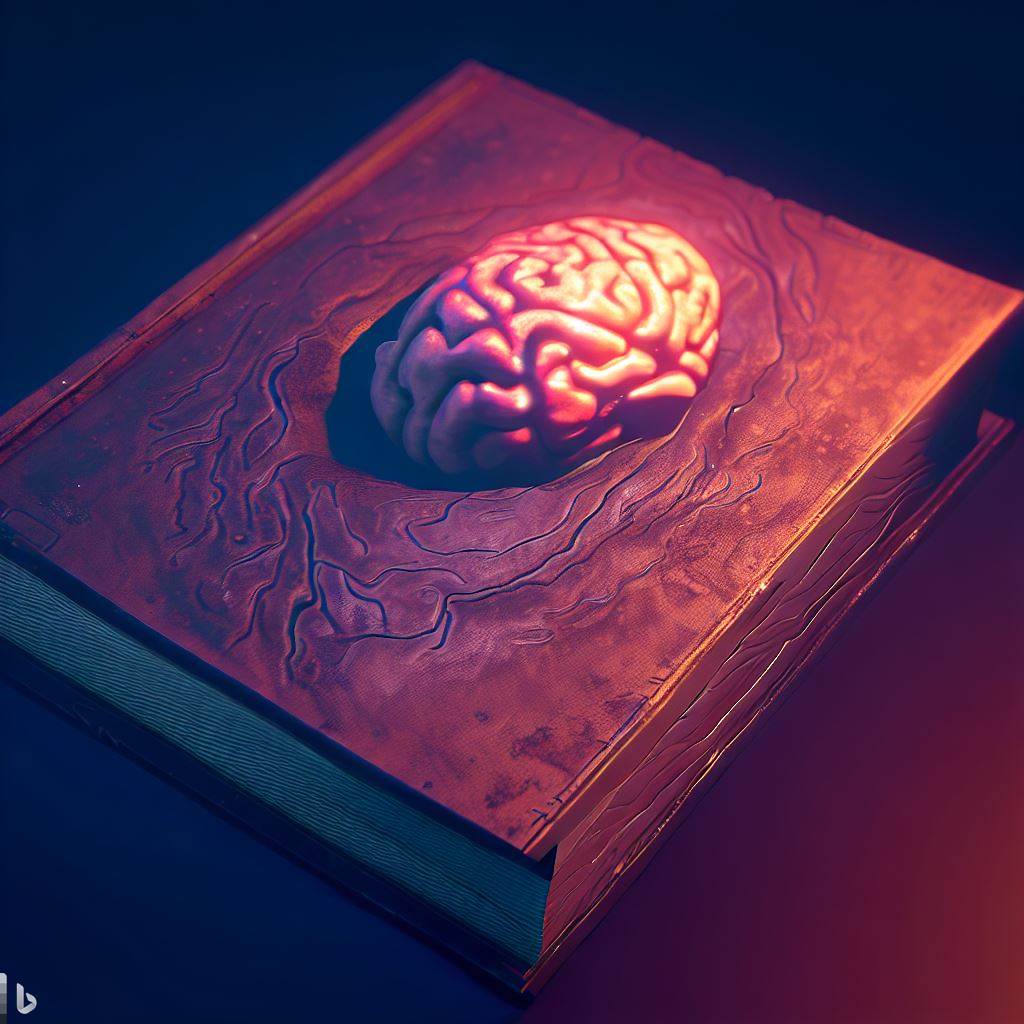The Science of Reading - Brain Uncovered for Better Reading

Reading is an essential part of our daily lives, whether it's for work, school, or personal pleasure. But have you ever wondered about the science behind reading? How does our brain process words on a page, and why do we find some books more engaging than others? In this blog post, I'll be exploring the science of reading, and how understanding it can help us become better readers.
How does reading affect the brain?
Reading can stimulate various regions of the brain, including those responsible for vision, language, and memory. When we read, our brains create mental images of what we're reading, which can activate the visual cortex. At the same time, we also use the language centers of our brain to process the meaning of the words we're reading. Finally, as we read, our brains create connections between new information and existing knowledge, which can improve memory and learning.
I have noticed that the more I read, the easier it becomes for me to process and retain information. This is particularly useful when reading dense academic texts or technical manuals, which can be overwhelming at first glance. By engaging with the material and making connections to what I already know, I will be able to better understand and remember what I'm reading.

So how can we use this knowledge of the science of reading to become better readers?
There are many different reading strategies that people use to help them read more effectively. Some of these include:
- Skimming: Quickly reading through a text to get a general idea of what it's about.
- Scanning: Looking for specific information in a text, rather than reading it in full.
- Active reading: Engaging with the text by taking notes, highlighting, or summarizing key points.
- Close reading: Paying close attention to the details of the text, such as word choice, sentence structure, and literary devices.
Personally, I have found active reading to be the most effective strategy. It helps me to stay engaged with the text and understand the material better. However, every person has their own reading style and preferences, so it is essential to experiment with different strategies and find what works best for you. There are so many reading strategies. Perhaps I will write a separate article on this topic sometime soon.
How can reading benefit us?
Reading has numerous benefits for our physical and mental health. For example, studies have shown that reading can reduce stress levels and improve mood. Additionally, reading can improve cognitive function and prevent age-related cognitive decline. Furthermore, reading can increase empathy and social skills, as it exposes us to different perspectives and experiences.
Reading is not just about decoding words on a page. Reading is a way to learn, explore new ideas, and expand our horizons. By reading widely and exposing ourselves to diverse perspectives, we can become more empathetic, knowledgeable, and informed members of society.
To me, reading has been a great way to unwind after a long day, as well as a way to expand my knowledge and perspective. Whether I'm reading a work of fiction or a non-fiction book, I always come away with a greater appreciation for the world and the people in it.
In conclusion, reading is a powerful tool that can benefit us in numerous ways. By understanding the science behind reading and developing effective reading strategies, we can improve our cognitive function, reduce stress, and expand our horizons. So go ahead and pick up a book today – your brain (and your soul) will thank you!
Enjoyed the read ?
Join the 100+ people who gain valuable insights on life every week. Subscribe to my FREE newsletter and get super interesting articles delivered straight to your inbox.
Have something to share ?
Feel free to drop a mail to thebotsite@protonmail.me
